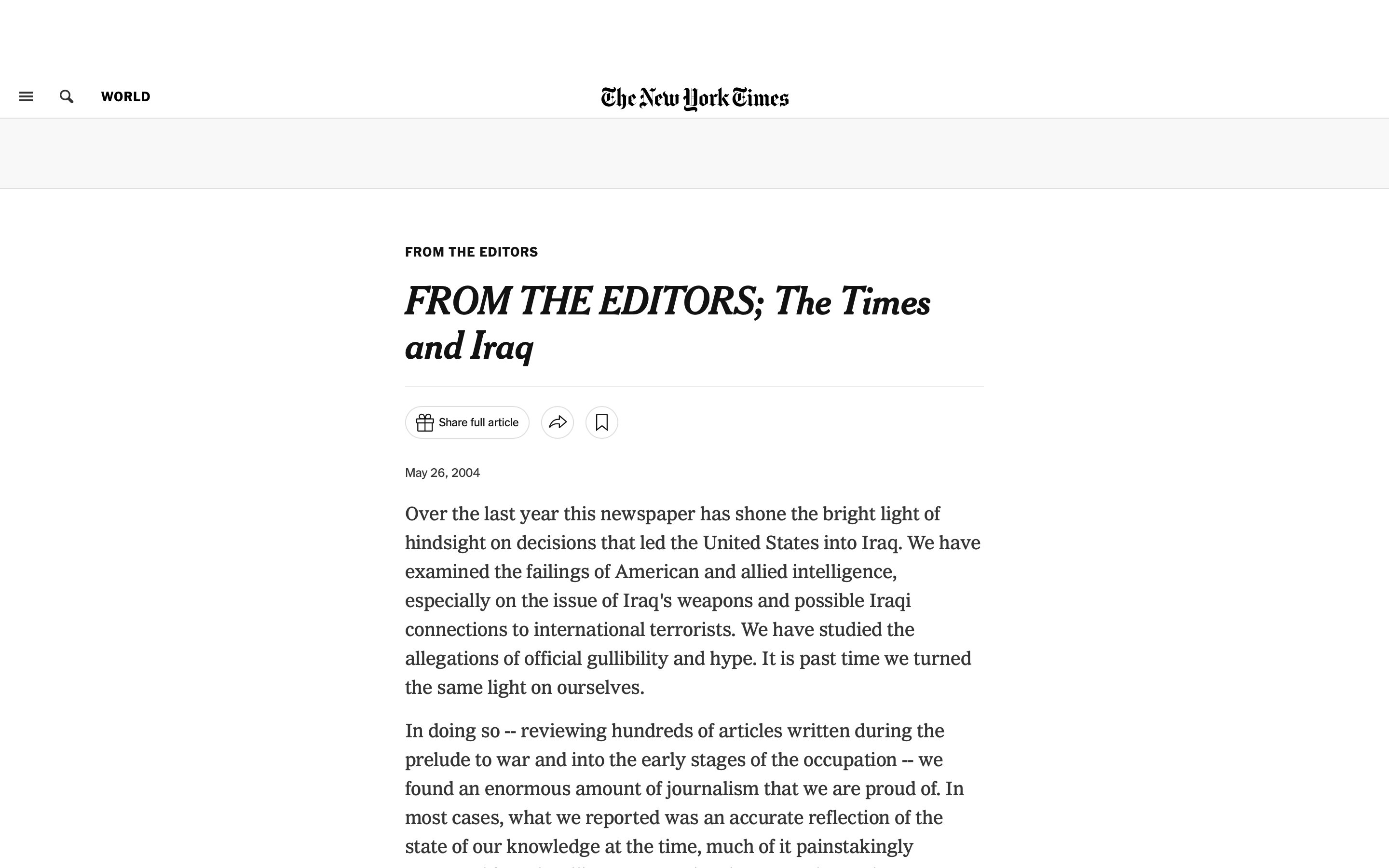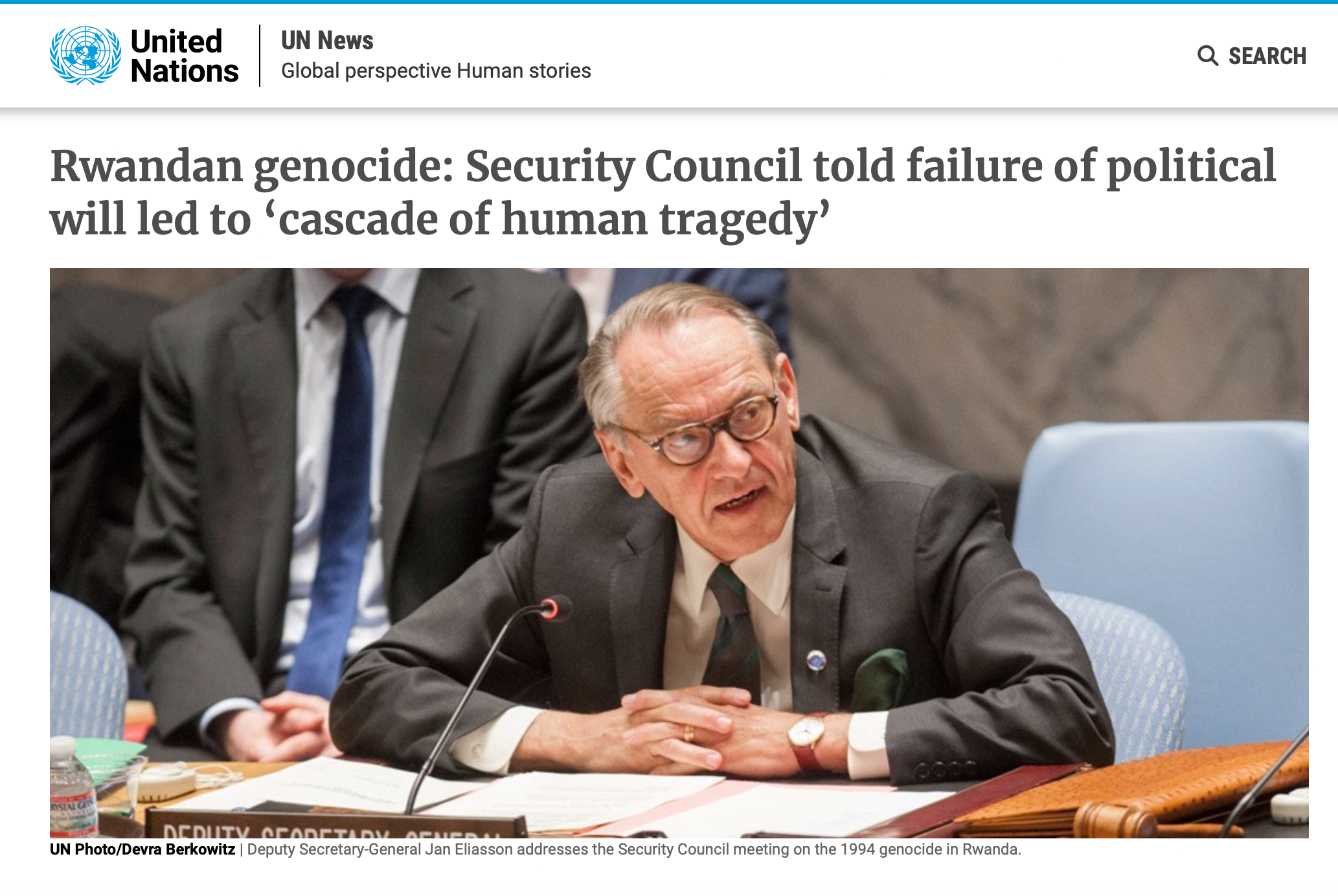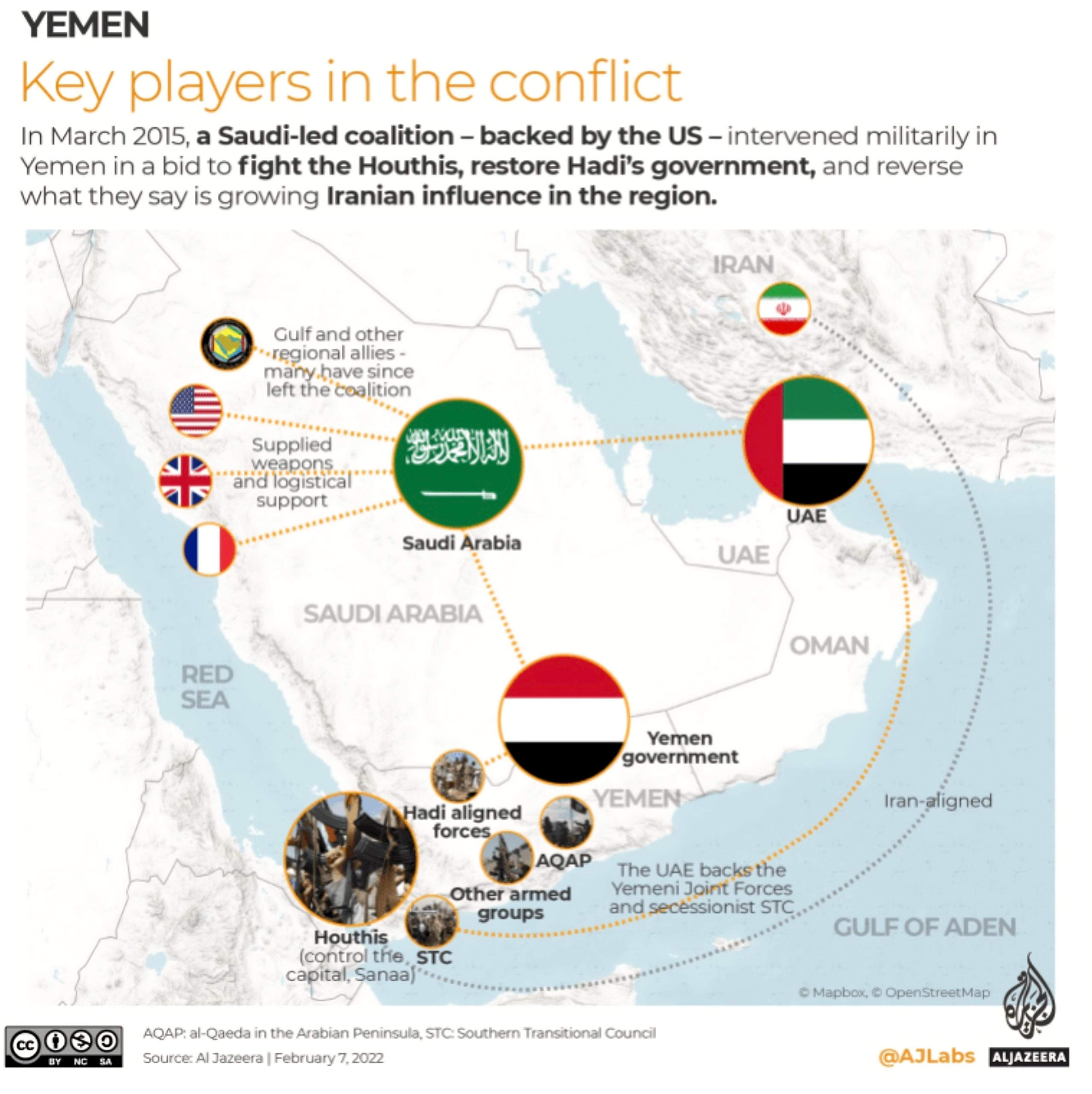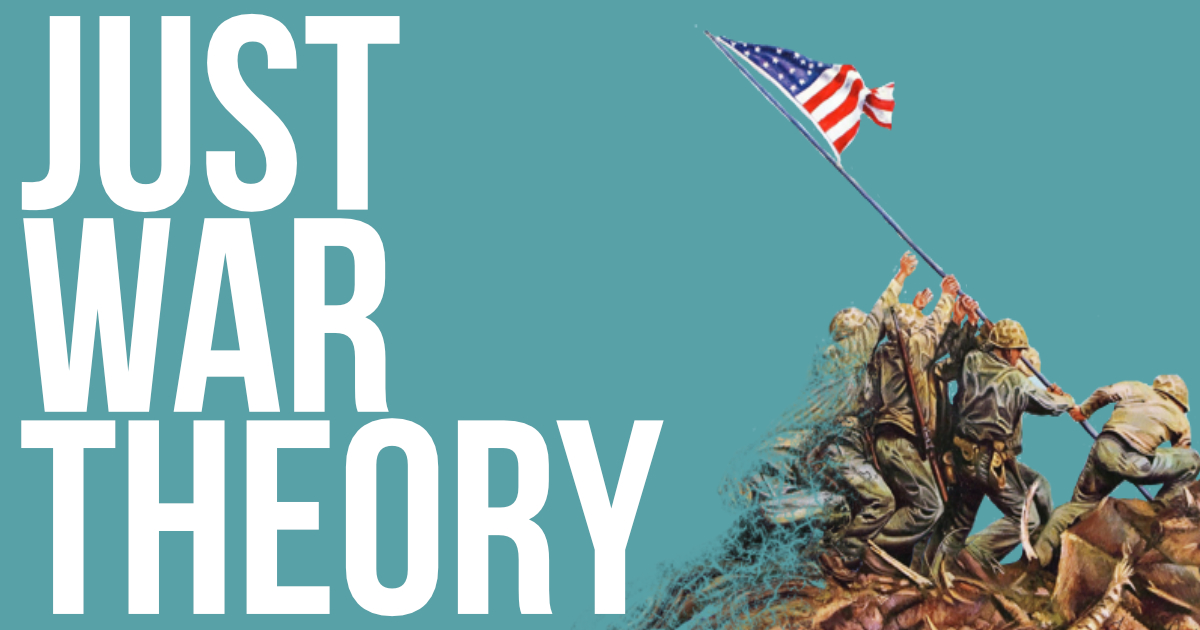When a nation wishes to intervene, their political objectives are often ambiguous. That’s what makes differentiating between war and military intervention hard to establish in modern society. And really, can intervention occur with the use of military force?
Centuries ago, classical Greek and Roman Philosophers like Plato developed the Just War Theory. Later modified by Christian theologians, the Just War Theory embodies an ethical framework which states could use to reason their involvement. The Just War theory is broken down into seven principles which cover both Jus ad bellum (conditions under which the use of force is justified) and Jus in bello (the proper conduct during war). Let’s analyse whether these principles can still be applied in our modern context today.
Theory #1: Just Cause
The war must be fought to correct a wrong, such as defending against aggression or protecting the innocent.
The difficulty with applying this principle in our contemporary world is the lack of consistency with our definitions. What is wrong today may be right tomorrow. Rules of sovereignty are everchanging because they are written by those in power and those with the ability to control the narrative. Take America’s 2003 military invasion of Iraq. Claiming that in Saddam Hussein’s possession lies weapons of mass destruction, America; the world’s great white saviour, stormed into Iraq killing 200,000 Iraqi civilians in the process. All for the world to realise, not only were these claims false, but were fabricated by credible and esteemed publishers like the New York Times so everyone would support America as they unlawfully broke through Iraq. The Bush Administration could argue that they did set out to correct a wrong, to protect the innocent, but isn’t it so easy to use your influence and mask your own political objectives as defense against the “wrong?”

Sourced from The New York Times)
Theory #2: Legitimate authority
A war is only just if it is waged by a legitimate authority, even just causes cannot be served by actions taken only by individuals or groups who do not constitute an authority sanctioned by who society deems is legitimate.
In most cases, the authority sanctioned by who society deems is legitimate is none other than the United Nations Security Council (UNSC). The UNSC’s legitimacy comes with the price of bias. A bias characterised by the veto power. The veto power is held by five powerful permanent nations: Russia, USA, China, France and the UK. This power enables them to halt any resolution from passing. A serious threat to the successful implementation of change, especially because resolutions passed by the UNSC are legally binding. Despite the UN’s whole MO being based on multilateralism, nations with this power fail to put collective interests above their own. Take the US for example, they have used their veto power 88 times in total, and 49 of those times has been to veto a resolution on the Israel and Palestinian war in support of Israel. How is it fair for the UNSC to be sanctioned as a legitimate authority if they can play favourites?
Theory #3: Last resort
A just war can only be waged as a last resort. All non-violent options must be exhausted before the use of force and violence is justified.
This principle is backed by moral values that promote peace-making over direct violence. The only question that arises is what comes at the cost of waiting for the last resort? Exhausting all non-violent options takes time and effort, in conflicts where civilians are endangered the price of patience could be fatal for many. For example, in 1994, the people of Rwanda were failed by the UN who were hesitant to act, leading to a large-scale genocide where many innocents perished. The lack of political will halted many powerful states from intervening because it had no real benefit to their own national interests. The UN attempted to use peaceful negotiations by implementing the Arusha Accords in 1993 to settle civil unrest between the Hutus and the Tutsis, but they failed to adequately identify and target the key socio-economic issues that exacerbated the civil war. While this is a crucial principle, sometimes, mostly in humanitarian crises immediate intervention is required, leaving force is the only option.

sourced from UN News)
Theory #4: Reasonable success
A war can only be fought with a reasonable chance for success. Deaths and injuries occurred in a hopeless cause is not morally justified.
In today’s context, what prevents this principle from being applied is the lack of clear intentions and agendas that a nation sets forth before intervention. The US initially intervened in Afghanistan in 2001 to find and hold Osama Bin Laden accountable for his brutal and unforgivable acts of terrorism. Within weeks, the US were able to capture all key parts of Afghanistan and send the Taliban into hiding. So, why did the US stay in Afghanistan for another twenty years, exhausting more than three trillion dollars in resources just for the Taliban to take over within hours of US troop withdrawal in 2021? Chance of success cannot be determined if you lack a clear goal. The issue with intervention today is that hidden political agendas are altering the definition of success.
Theory #5: Re-establish peace
The ultimate goal of a war is to re-establish peace, the peace after the war must prevail the peace before if the war was not to happen.
The modern occurrence that rebels against this principle are proxy wars. A proxy war exaggerates a war in all aspects as it does not guarantee prolonged peace. The Yemen Civil war has been ongoing since the Arab Spring in 2011. The ethnic dispute between the Houthi Rebels and the Sunni muslim majority government is far greater than just Yemen. To further their regional hegemony Saudi Arabia and Iran have taken opposing sides, and to support their allies so has the US, UK, Russia and China. Proxy wars assimilate the political interests of different actors that makes peace uncertain and extends the longevity of the war because the priorities of the war keep shifting.

Sourced from Al Jazeera)
Theory #6: Proportionality
Violence in the war must be proportional to the injury suffered
This principle of just war may be violated when the concept of inequality arises amidst two opposing parties. The notion of proportionality is misguided when war is unequal, which it almost always is. Currently, Thailand and Cambodia are engaged in a firing frenzy because of an unsettled historical border dispute. In truth, Thailand is far stronger than Cambodia with 5 times the population, 7 times the military budget and 10 times the size of the economy. Although Thailand faces political and economic repercussions for engaging in the war, it is difficult to plead the case of proportionality when it so largely depends on the number of resources available.
Theory #7: Civillians
Civilians are never permissible targets of war, and every effort must be taken to avoid the killing of citizens
There is no rebuttal for this principle. This principle stands against the test of time. The only sad truth is that in any war, this principle is violated time and time again. Oftentimes, mass civilian casualties are used to make a statement. From those ‘losing’ it could be interpreted as a sign of helplessness, from those ‘winning’ , an echo of the lines willing to be crossed.
Why Their Union Matters (Even If You're Not Religious)
Ultimately, the Just War Theory is merely a framework to guide ethical decision making. It’s just a shame to realise how our modern political landscape makes many of these principles difficult to adhere to. Balancing between the responsibility as international nations to protect and accomplishing agendas to achieve regional hegemony is like treading through muddy water. Has the growing disdain for multilateralism reduced pressure on the international community to act when fundamental human rights are violated?
 Heer Jhaveri
Heer Jhaveri